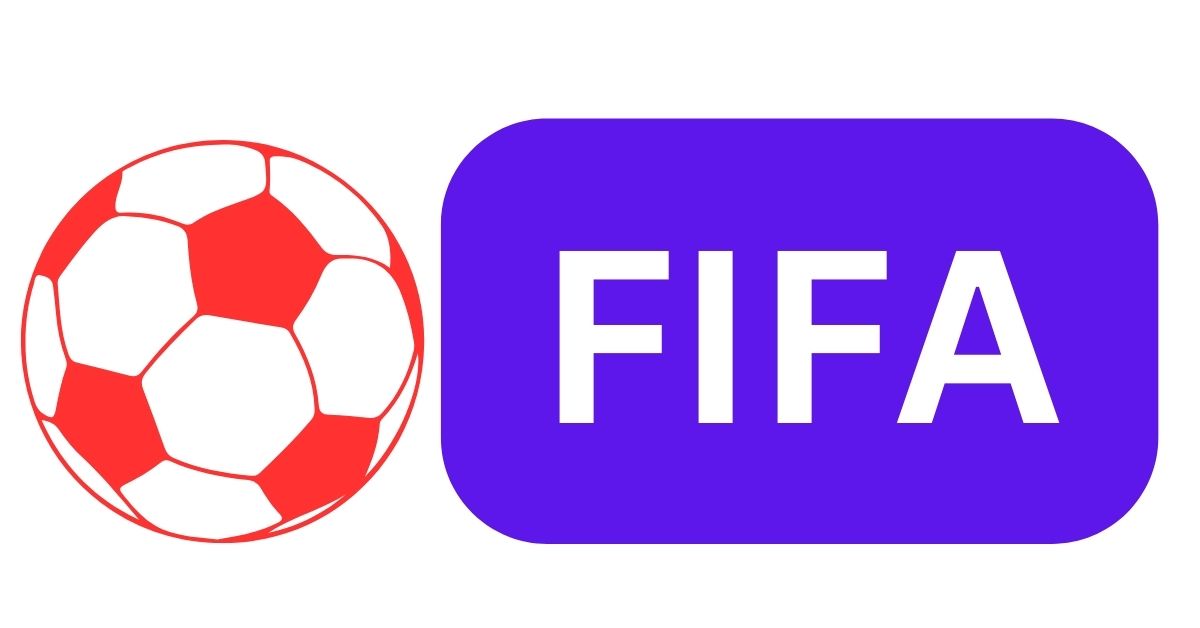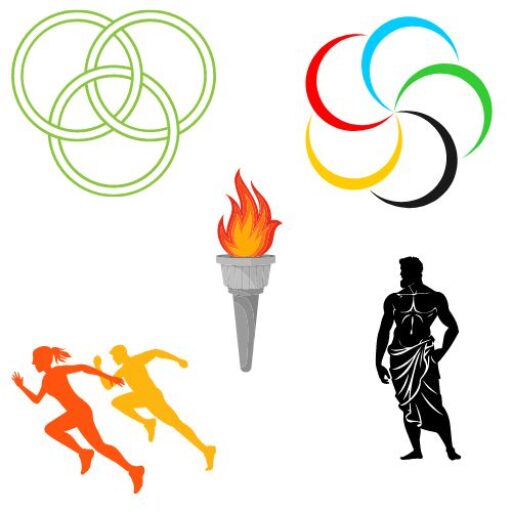Evolution of FIFA: Explore the storied history of FIFA—from its 1904 founding to World Cup triumphs, scandals, and its role in shaping modern football.
The Evolution of FIFA:
The Birth of FIFA: Uniting Football Across Borders
In the early 20th century, football (soccer) was rapidly gaining popularity, but international matches lacked structure. On May 21, 1904, representatives from seven European nations—France, Belgium, Denmark, the Netherlands, Spain, Sweden, and Switzerland—gathered in Paris to form the Fédération Internationale de Football Association (FIFA). Their mission: to oversee international competitions and standardize rules.
- First President: Robert Guérin (France), a journalist and football enthusiast.
- Early Challenges: Rivalry with England’s Football Association, which initially refused to join.
- First International Tournament: The 1908 Olympic Football Tournament in London, was recognized as FIFA’s first major event.
The Jules Rimet Era: Pioneering the World Cup
FIFA’s transformative moment came under Jules Rimet, its third president (1921–1954). A visionary, Rimet championed the idea of a global football tournament.
1930: The Inaugural FIFA World Cup
- Host: Uruguay, to celebrate its centennial independence.
- Teams: 13 nations, including Argentina, Brazil, and the U.S.
- Champions: Uruguay defeated Argentina 4-2 in front of 93,000 fans in Montevideo.
- Trophy: The Jules Rimet Trophy, later stolen in 1983 and never recovered.
World War II Interruption
The 1942 and 1946 World Cups were canceled due to the war. FIFA’s headquarters moved from Paris to neutral Zurich in 1932, where it remains today.
Post-War Expansion: FIFA’s Golden Age
The 1950s–1970s saw FIFA grow into a global powerhouse:
- 1954: Introduction of the Champions League precursor, the European Cup.
- 1970: Brazil’s Pelé won his third World Cup, earning the Jules Rimet Trophy permanently.
- 1974: João Havelange became FIFA’s first non-European president, expanding the World Cup to 24 teams (1982) and prioritizing African and Asian nations.
Commercialization and Controversy: The Modern Era
The Havelange Revolution (1974–1998)
- Sponsorships: Partnerships with Adidas, Coca-Cola, and Visa turned FIFA into a billion-dollar entity.
- Women’s Football: The first FIFA Women’s World Cup debuted in 1991, won by the U.S.
- World Cup Expansion: 32 teams by 1998, amplifying global viewership.
Sepp Blatter’s Reign (1998–2015)
Blatter’s tenure was marked by both progress and scandal:
- Pros: Introduced Goal Project (funding grassroots football) and expanded the Women’s World Cup.
- Cons: The 2015 Corruption Scandal—FIFA officials were indicted for bribery, fraud, and money laundering. Blatter resigned amid global outrage.The Evolution of FIFA
Iconic World Cup Moments
- 1950: Uruguay’s Maracanazo – Defeated Brazil in Rio, silencing 200,000 fans.
- 1966: England’s “They Think It’s All Over” – Geoff Hurst’s hat-trick secured their first title.
- 1986: Maradona’s “Hand of God” – Argentina’s controversial win over England.
- 1999: U.S. Women’s Triumph – Brandi Chastain’s iconic penalty kick.
- 2022: Messi’s Redemption – Argentina’s World Cup win in Qatar.
FIFA’s Dark Side: Scandals and Reforms
- 2015 Corruption Scandal: U.S. DOJ indicted 14 FIFA executives, exposing $150M in bribes.
- Qatar 2022 Controversy: Allegations of bribery, migrant worker abuses, and environmental concerns.
- Reforms Under Gianni Infantino (2016–Present): Term limits, transparency initiatives, and expanding the World Cup to 48 teams (2026).The Evolution of FIFA
FIFA Today: A Cultural and Economic Juggernaut
- Membership: 211 national associations (more than the UN’s 193).
- Revenue: $7.6B generated during the 2018 World Cup cycle.
- Innovations: VAR (2018), Climate-Neutral World Cups, and the FIFA World Cup for esports.
- Women’s Football: Equal pay campaigns and record-breaking viewership for the 2023 Women’s World Cup.
The Future of FIFA
- 2026 World Cup: Co-hosted by the U.S., Canada, and Mexico—the first 48-team tournament.
- Sustainability Goals: Carbon-neutral events and human rights safeguards.
- Grassroots Growth: FIFA Forward program funds youth academies in developing nations.
FIFA’s Legacy: Beyond the Pitch
From uniting post-war Europe to inspiring billions, FIFA’s impact transcends sport:
- Cultural Diplomacy: The 2010 World Cup in South Africa symbolized Africa’s rise.
- Social Movements: Players like Megan Rapinoe using the platform for LGBTQ+ and racial justice.
- Global Language: Football as a universal connector across 7.8 billion people.The Evolution of FIFA


